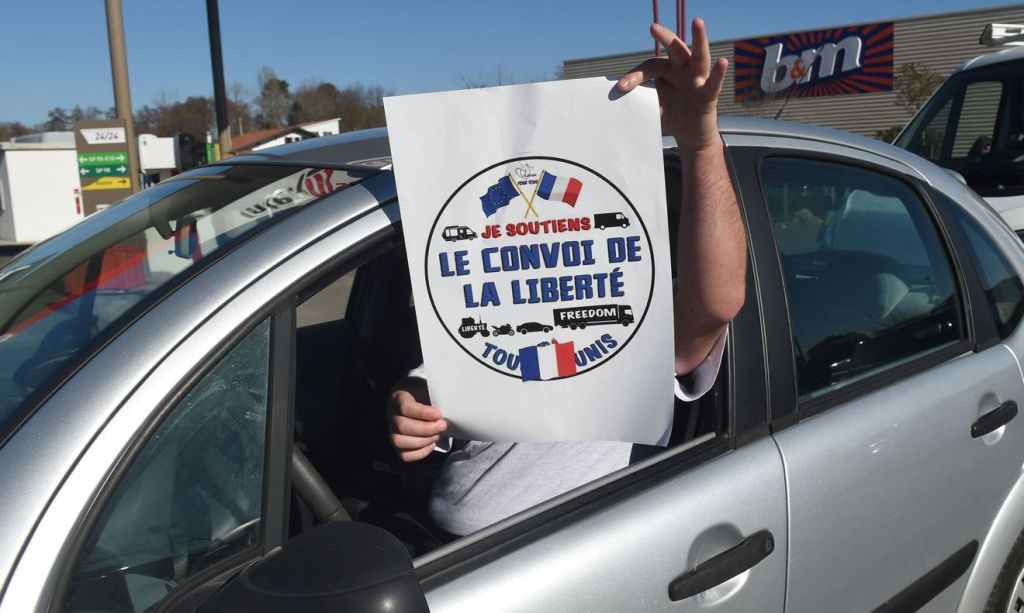We are social beings not numbers
The winner of the Italian elections Giorgia Meloni has criticised the war on traditional identities, and the shift towards those based on ‘number’:
They attack national identity, they attack religious identity, they attack gender identity, they attack family identity. I can’t define myself as Italian, Christian, woman, mother. No. I must be citizen x, gender x, parent 1, parent 2. I must be a number.
There is indeed a war on traditional social categories. Even the categorising eye of society (of parents and community) in defining a child as ‘male’ or ‘female’ is seen as almost an act of abuse. This sex-based social category is replaced with the gender spectrum – the distinction based on number.
Yet this is not only a war on traditional identities, but on any socially integrated identities – any identity that is based on one’s relationships with a social group, including peer groups, subcultures or youth cultures.
For example, there is hostility towards the social world of gay culture, which existed in its own secret realm, in smoky bars in cellars and backstreets. The intense social worlds of gays and lesbians were based on friends, lovers, a social scene. These old cultures are being superseded – and attacked – by newer gender identities based on self-ascription and acronyms (LGTBQIA2S+). Here, it is not a relationship, or a culture, but the individualised identification with an identity schema.
There is the old and the new gay culture now: the old kind lives on in bars and backstreets, and the new kind has life mainly in the marketplace and the bureaucracies. The new kind lies in Stonewall consultancies with public institutions, in conferences and company press releases. (These two gay cultures were described on Unherd by Kathleen Stock).
The QR code-based vaccine passport was perhaps the most extreme example of numerical-based citizenship. The person with an active QR code could enjoy the rights of citizenship in their own and other countries. A vaccinated American could fly to go to cafes in France, while an unvaccinated French person could not go to cafes and could not leave the country. A person’s citizenship rights were not related to birth, or parentage, or culture, or civic obligations, but to whether they had received the bureaucratically recommended series of medical interventions.
In one sense, this shift from communal to numerical-based identities is a very old one. The sociologist Georg Simmel describes the shift in ancient Rome, from a kinship-based system of the gens, to ‘hundreds’ (groups of hundred men, each of which had a single vote in the assembly). The division of a citizenry into hundreds broke through the various organic relations of kin, neighbourhood, tribe and sympathy. Defining a group by a number gives it ‘an exactly delineated, rigorous contour’ which is ‘purely objective’ and ‘indifferent to personal features’ (1).
And yet Roman citizenship became a new integrating principle, a new basis for identity and allegiance and a cause for which people were prepared to die. It is part of the historical process that people are removed from certain identity categories and inserted into new ones.
What is unique about our times is the wholesale nature of the war on social categories – the wholesale attempt to extract individuals from all social allegiances and for them to exist only in relation to the marketplace and a bureaucracy.
We should therefore not only defend ‘God, country and family’, as Meloni said. Instead, we must defend all social groupings, all social worlds – and the principle that we are defined through our relations to others and our common lives and common cause.
(1) The Sociology of Georg Simmel, Free Press, 1950, p107 and p173

